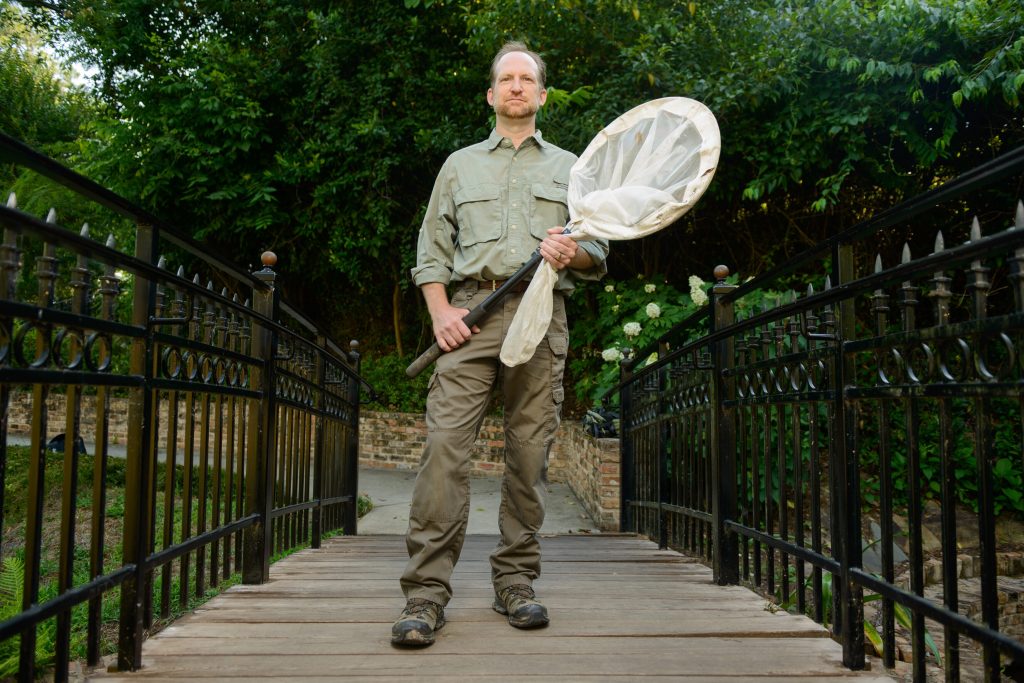From the UA News Center | That incessant buzzing sound you’ve been hearing for weeks now is not in your head. It’s mostly in the trees and bushes and all over your yard.

It’s the (actually) harmless cicada.
Dr. John Abbott, an entomologist and chief curator and director of The University of Alabama department of museum research and collections, said adult cicadas live four to six weeks and it’s the males we hear calling. This is Brood XIX coming out this year. There were some stragglers last year and likely will be some next year as well.
We asked him about some things we’ve heard here and there about cicadas and he offered up some facts to quell those worries.
Myths We’ve Heard Buzzing About
Does the sound cicadas make attract copperhead snakes?
No, the sound does not, but their presence might. Periodical cicadas emerge in mass to accomplish predator satiation. There are so many that predators can get their fill, but most cicadas survive to go on and reproduce. Because of the large numbers (think all-you-can-eat buffet), they can attract predators including raccoons, coyotes, birds, snakes and more. Copperheads will eat cicadas, so the sheer number of them can be attractive to snakes.
Can cicadas bite you or latch onto you?
They are harmless. They cannot bite. They can grab ahold of you if you pick them up, but not in any painful or harmful way.
Can you eat them if you’re allergic to shellfish?
Possibly, but you should be cautious. They are related (both are arthropods), so depending on your allergy, you could have an allergic reaction to them, but you may not.
How loud do they get or can they get so loud it damages your hearing?
I doubt they could damage your hearing, but they can be loud when you are in the middle of a big emergence. I have read around 100 decibels, similar to standing next to a lawnmower engine.
Do they hurt plants or damage crops?
Generally not. Despite the large numbers, they have been feeding on the roots of trees underground for the last 13 years. The adults do feed on the sap of trees, but only in rare situations would they actually do harm to them.
Are they harmful to pets if eaten?
No, rather they are a tasty treat for many!